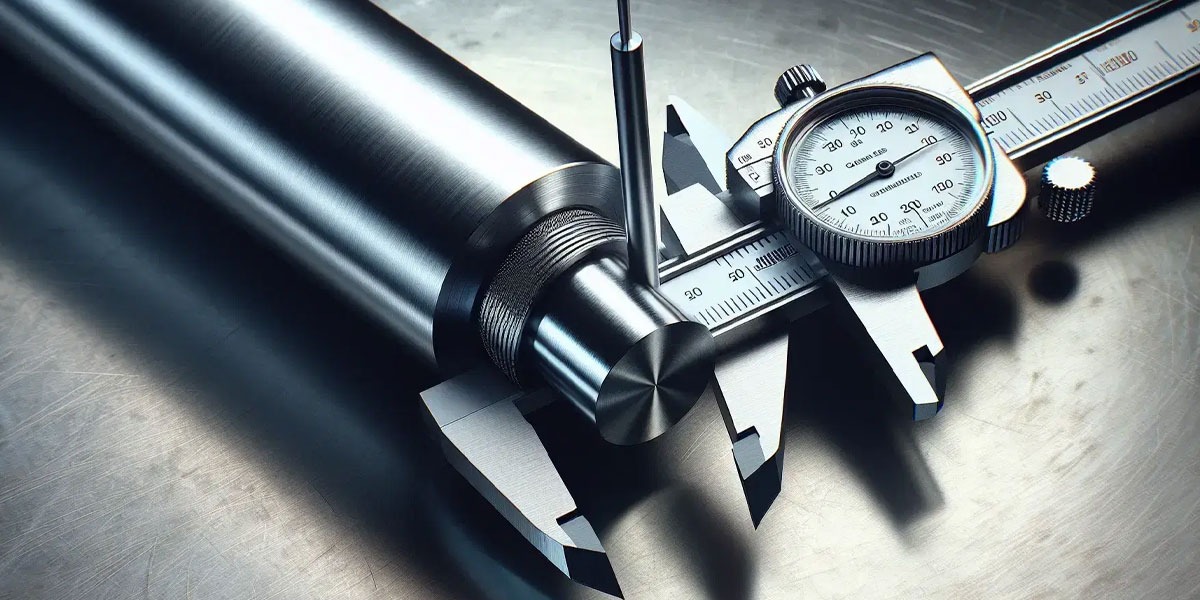
The significance of accuracy in engineering
According to themains tester screwdriver suppliers in Dubai the AATCO, Engineers recognise that even the tiniest variation from the needed standards can have serious effects, hence precision is a top priority in their job. In this part, we'll look at the necessity of precision in engineering and how it affects various businesses.
Aviation Industry
In the aerospace sector, precision is critical for designing and producing aircraft components. A little miscalculation in the size of a wing or turbine blade can result in catastrophic failures and jeopardise the safety of crew and passengers. For example, in 1989, United Airlines Flight 232's fuselage failed catastrophically due to a manufacturing defect in a titanium fan disc. This incident demonstrated the value of accuracy in engineering and resulted in tougher quality control methods in the aircraft sector.
Medical Industry
Accuracy is also important in the medical industry, where precise devices are needed for operations, diagnoses, and therapies. Consider robotic-assisted surgery, in which doctors manipulate robotic arms to conduct difficult procedures with remarkable precision. Any imperfection in the automated arm's motions might cause inadvertent injury to the patient. As a result, engineers must guarantee that the automated device performs with maximum precision, allowing surgeons to execute treatments with confidence while lowering the chance of problems.
Enhancing Accuracy in Engineering
Accuracy in engineering necessitates meticulous attention to every detail and strong quality control procedures. Here are some ideas for improving accuracy in architectural projects:
· Use modern measurement equipment and techniques: Precise measurement technologies, such as coordinate measurement machines and laser detectors, can assist engineers in collecting accurate data and identifying deviations from intended specifications.
· Implement stringent quality control methods: Having strong quality control systems guarantees that every stage of the engineering procedure is rigorously monitored and validated. Regular inspections, evaluations, and verification methods aid in the detection and correction of any mistakes before they become major problems.
· Emphasise continual education and skill development: To improve accuracy, engineers must keep up to speed on the newest technologies and processes. Continuous training programmes and skill development activities help engineers to better comprehend and use precision engineering concepts in their work.
Case studies also give useful insights into the significance of precision in engineering. The primary mirror of the Hubble Orbital Telescope, for example, failed. When the Hubble Space Telescope went into orbit in 1990, it was revealed that the reflecting surface had spherical aberration, causing hazy views. This issue was traced directly to a manufacturing fault, highlighting the need for accuracy when constructing complex systems.
Summary
Precision is not a choice, but rather a need in engineering according to AATCO the Universal Cabinet Key Suppliers Dubai. Precision engineering, whether in aircraft, medicine or any other field, guarantees that goods and systems function properly, reducing risks and increasing efficiency. Engineers may obtain the precision necessary to provide great outcomes and move innovation ahead by adopting new measuring equipment, employing tight quality control systems, and continually growing skills.








